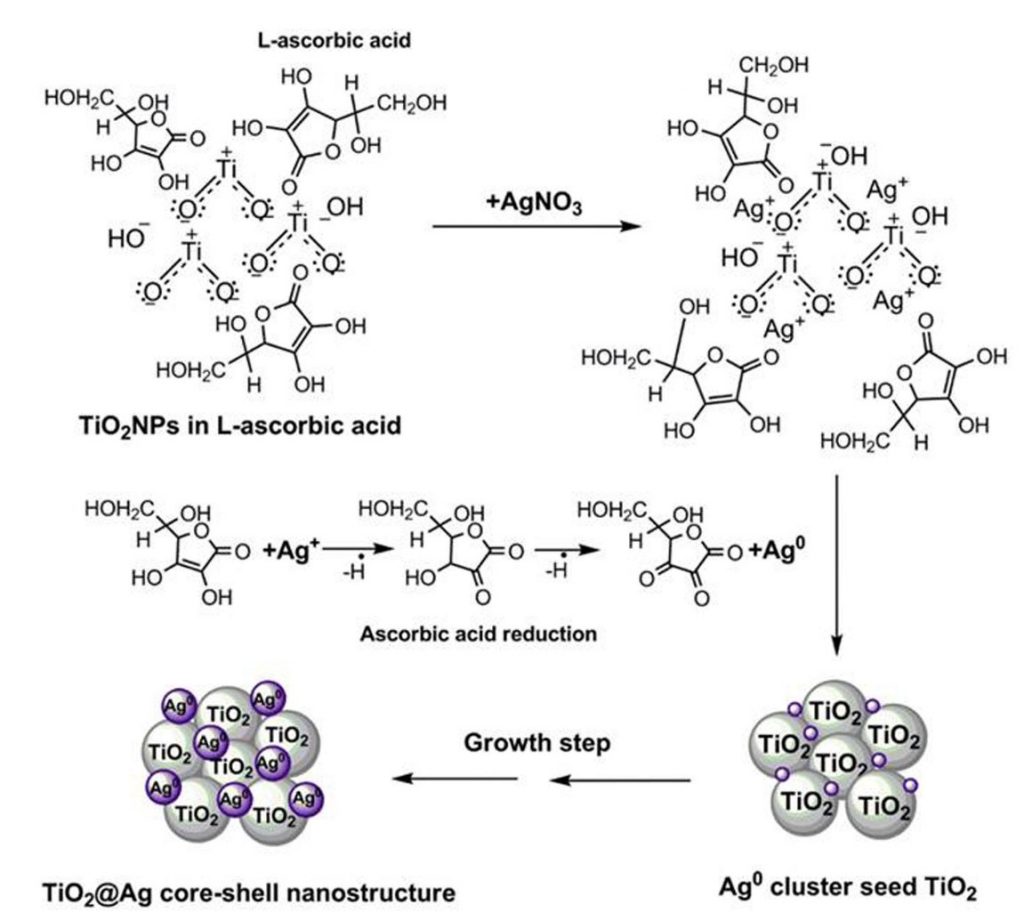Phasinee Khwanmuanga, Pisutsaran Chitichotpanyab, Wariya Yamprayoonswatc, Supanit Porntheeraphatc,
Anan Jongkaewwattanad, Chayanisa Chitichotpanyaa,e,*
aDepartment of Chemistry, Faculty of Science, Mahidol University, Bangkok, Thailand
bDepartment of Materials and Textile Technology, Faculty of Science and , Thammasat University, Patumthani, Thailand
cDigital Agriculture Technology Research Team (DAT), Deputy Executive Director Research and Development Intelligent Systems and Networks (ITSN), National Electronics and Computer Technology Center (NECTEC), National Science and Technology Development Agency (NSTDA), Pathumthani, Thailand
dVirology and Cell Technology Laboratory, National Center for Genetic Engineering and Biotechnology (BIOTEC), National Science and Technology Development Agency (NSTDA), Pathumthani, Thailand
eCenter for Surface Science and Engineering, Faculty of Science, Mahidol University, Bangkok, Thailand
*Corresponding author E-mail address: chayanisa.chi@mahidol.ac.th
Sudden outburst of Coronavirus disease 19 (COVID-19) has raised serious awareness about viral contamination on the environment that is one of the major causes of this disease. Transmission via contaminated surfaces has been recognized as a significant route for spreading COVID-19. To suppress and control the spread of SARS-CoV-2, potent virucidal finishing agents for decontamination of medical textiles are urgently needed. In this study, an environmental-friendly, economical, non-toxic, and practical finishing on medical textiles with potent virucidal activity was proposed with the combined concepts of a new green synthesis of TiO2@Ag core-shell nanostructures using ascorbic acid reduction and UV-curing process. In order to evaluate efficiency of virucidal activity, effects of the amount of TiO2@Ag NPs and contact time were determined against coronavirus following ISO 18184:2019 standard. The finishing agent exhibited excellent antiviral efficiency with 100% virucidal efficacy. The results suggested that this finishing agent had great potential as a potent and non-toxic virucide against coronavirus for medical textile applications.

